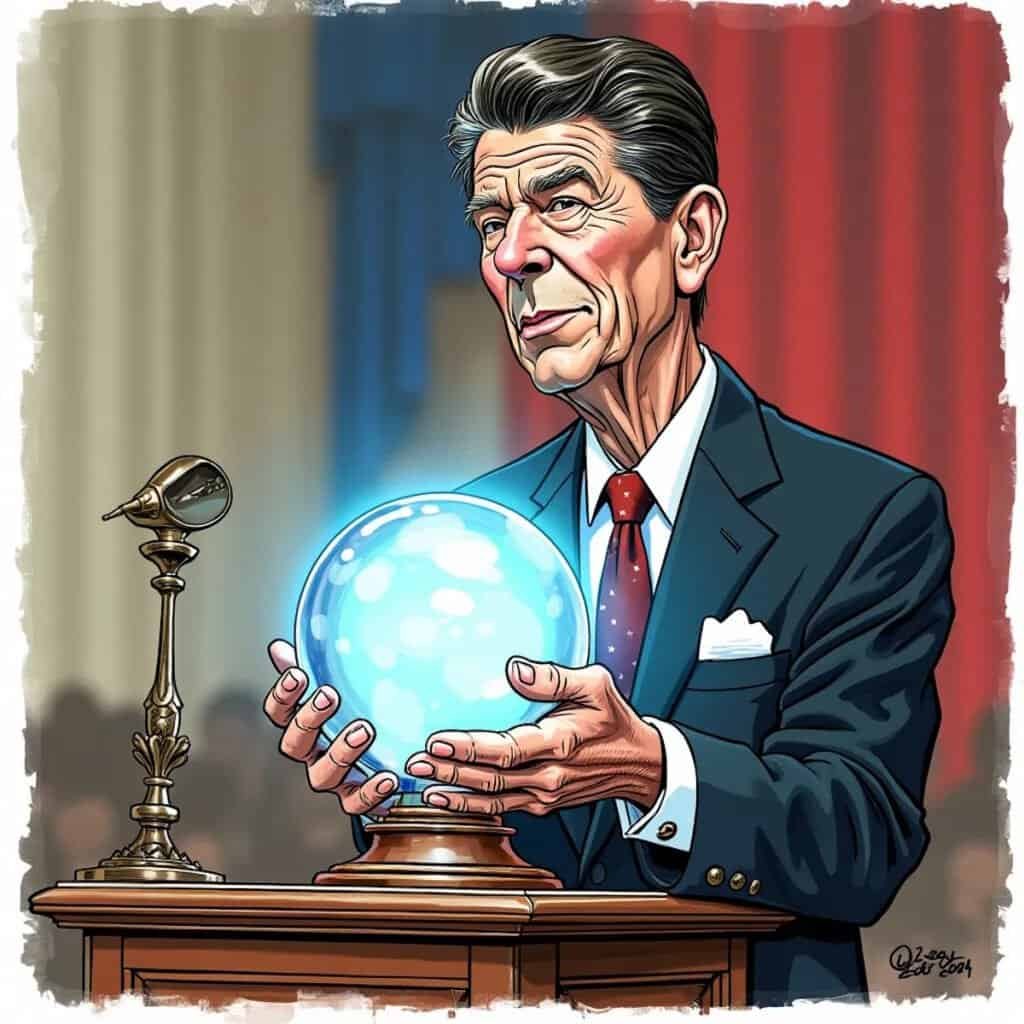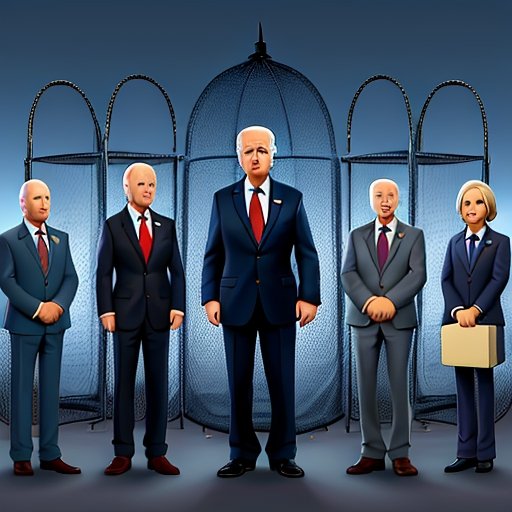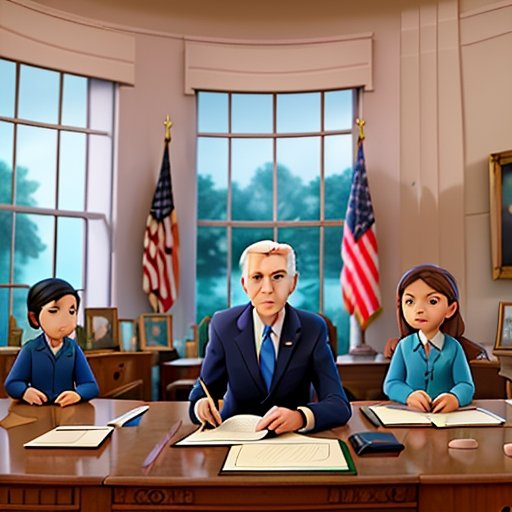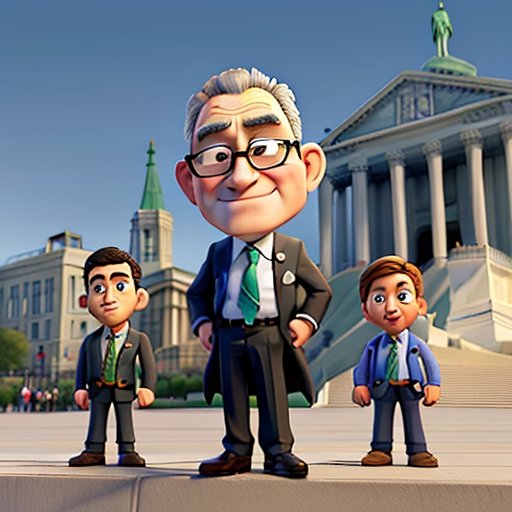“Freedom is never more than one generation away from extinction. We didn’t pass it to our children in the bloodstream. It must be fought for, protected, and handed on for them to do the same.” — Ronald Reagan
Ronald Reagan’s inaugural address on January 5, 1967, as the Governor of California, offers a striking comparison to the issues dominating today’s U.S. political scene. His thoughts on the economy, crime, social values, government overreach, welfare, education, property taxes, and political rhetoric still ring true, showing how these topics have stood the test of time in American society.
It’s almost as if Reagan had a crystal ball, foreseeing the mess our liberal friends would create decades later. Who knew that his words would be so prophetic? Well, conservatives did, but let’s not gloat… too much.
Economic Concerns
Back in ’67, Reagan sounded the alarm about a growing deficit, predicting the dangers of unchecked government spending. Fast forward to today, and we’re still having the same conversation about national debt and budget deficits. It’s like watching a rerun of “The Fiscal Responsibility Show,” except the Democrats keep switching the channel to “Spending Spree Live!”
As we tackle economic challenges from pandemic recovery to infrastructure debates, Reagan’s worries about long-term debt are more relevant than ever. It’s not just about federal spending anymore; we’re talking inflation, cost of living, and whether social programs can keep going without breaking the bank. It’s a juggling act that would make even the most skilled circus performer sweat.
Reagan’s Economic Foresight
- ✓ Warned about growing deficits
- ✓ Predicted dangers of unchecked spending
- ✓ Emphasized fiscal responsibility
- ✓ Advocated for balanced budgets
Crime and Public Safety
Reagan’s focus on crime and public safety, especially his push for empowering local communities, is like déjà vu in today’s heated debates over police reform and community policing. While conservatives understand the importance of law and order, our liberal friends seem to think “defund the police” is a winning slogan. Spoiler alert: it’s not.
The struggle between state and federal control continues, with debates over increasing law enforcement funding versus, well, not having law enforcement at all. It’s like watching a tug-of-war where the rope is a bungy cord that keeps snapping everyone back to the home position.
Social Issues and Moral Values
Reagan was worried about protecting kids from smut and pornography. Today, we’re battling the wild west of social media and trying to keep our children safe online. It’s like we’ve gone from Playboy magazines hidden under mattresses to a world where every smartphone is a potential Pandora’s box of inappropriate content.
While conservatives fight for age-appropriate education and parental rights, progressives seem more concerned with turning schools into social experiments. It’s as if they’re trying to change “Reading, Writing, and Arithmetic” into “Rewriting History, Woke-ifying, and Activism.”
Government Overreach and Individual Freedom
Reagan’s warnings about government overreach and his emphasis on individual liberty are as fresh today as they were in 1967. From privacy concerns to the balance between security and freedom, these issues are hotter than a summer day in Death Valley.
The COVID-19 pandemic really brought this to light. While conservatives advocated for personal responsibility, liberals seemed to think lockdowns and mandates were the answer to everything. It was like being stuck in a real-life episode of “Big Brother,” but without any of the fun or drama—just the lack of personal privacy.
Government Overreach Timeline
- 1967: Reagan warns about government encroachment
- 2001: Patriot Act raises privacy concerns
- 2013: Edward Snowden reveals NSA surveillance programs
- 2020: COVID-19 lockdowns and mandates spark debates
Welfare and Social Programs
Reagan’s push for trimming the fat in welfare programs and giving control back to local levels is still a hot topic. Today, we’re still trying to figure out how to make these programs work without breaking the bank or creating a hammock instead of a safety net.
While Republicans work on promoting self-sufficiency, Democrats seem to think the solution is to throw more money at the problem. It’s like trying to fix a leaky boat by adding more water—you’re only helping the ocean win.
Education and Academic Freedom
Reagan’s stance on education, pushing for a solid framework of rules, is eerily similar to today’s heated debates over what should be taught in schools. Critical race theory, anyone? We’ve gone from teaching the basics to pushing social issues in the classroom.
While conservatives fight for academic standards and parental involvement, progressives seem intent on turning classrooms into indoctrination centers. It’s as if they’re trying to rewrite history faster than you can say “1619 Project.” Rewrite history, indeed.
Property Tax Relief
Reagan’s mention of property tax relief is still a big deal, especially in areas where home values are through the roof. Today’s debates often revolve around how these taxes affect housing affordability and economic growth. It’s like a game of Monopoly where the bank always wins and nobody gets to pass GO.
As housing costs continue to climb in many parts of the country, the issue of property tax relief remains a hot potato in local and state politics. It’s enough to make you wonder if the American Dream should come with a “taxes not included” disclaimer.
Political Rhetoric and Public Sentiment
The way Reagan framed issues – as choices between freedom and government control, or between moral values and permissiveness – is mirrored in today’s polarized political talk. It’s like we’re all reading the same book, but half of us think it’s a fairy tale, while the other half knows it’s a tragedy.
Social media has cranked up the heat, making everything about who’s right and who’s wrong, with nothing in-between. It’s like politicians have forgotten that issues can be more than just black or white—they’ve tossed out the idea of finding a middle ground. It’s not about who’s right anymore; it’s about who can be heard loudest over the chaos.
Conclusion
Reagan’s 1967 inaugural address feels like it could have been written yesterday. The issues he raised – from managing the economy to crime, social values, government overreach, welfare, education, and property taxes – are still front and center in today’s political debates.
As we navigate the choppy waters of 21st-century politics, Reagan’s words serve as a conservative lighthouse, guiding us through the fog of progressive policies. It just goes to show, the more things change, the more they stay the same – especially when it comes to the timeless principles of conservative governance.






